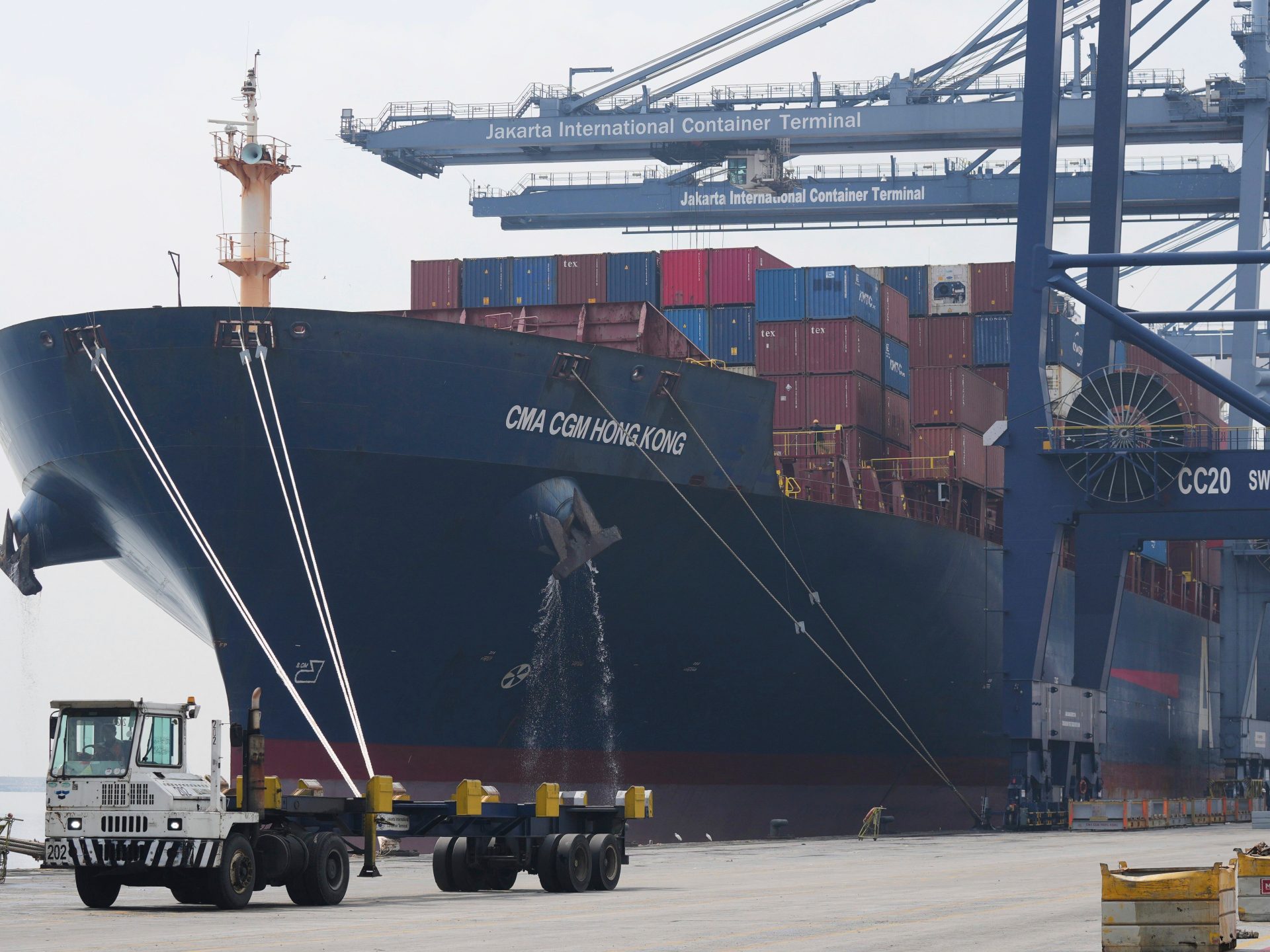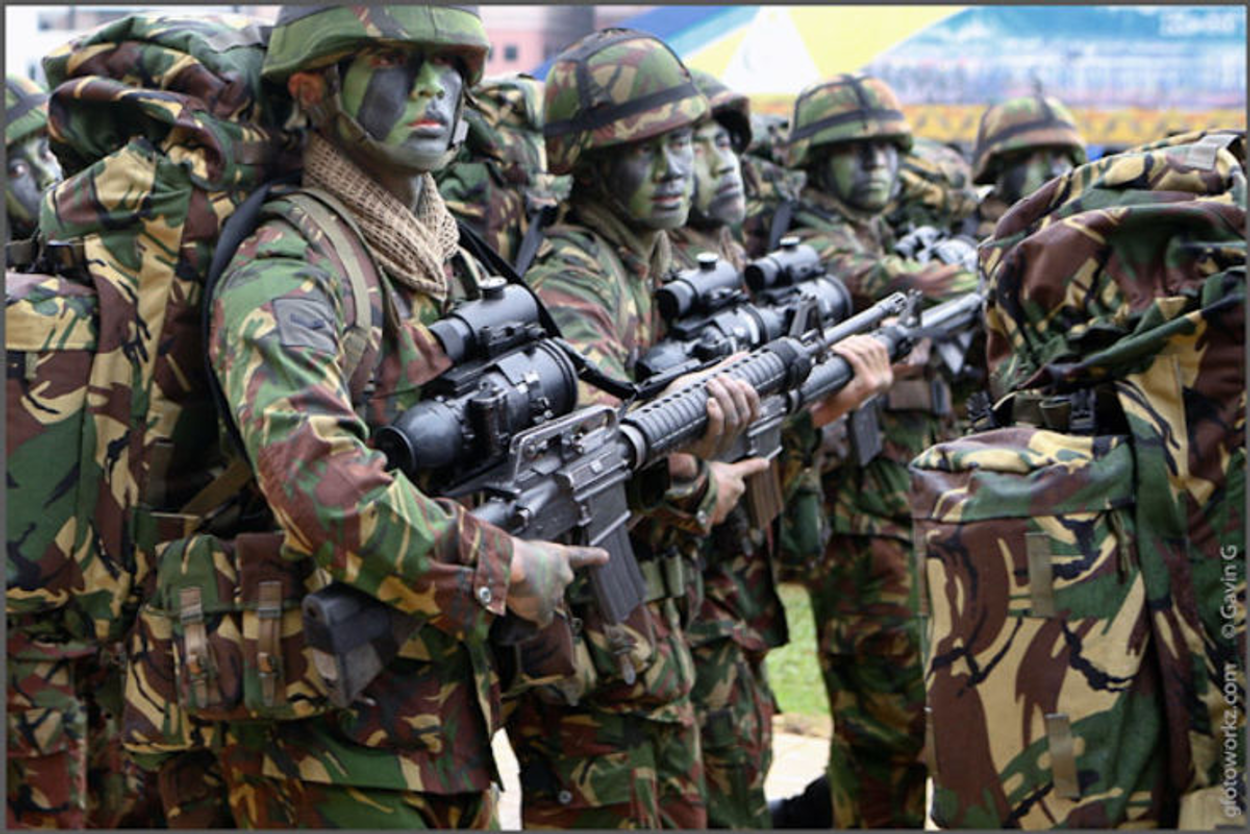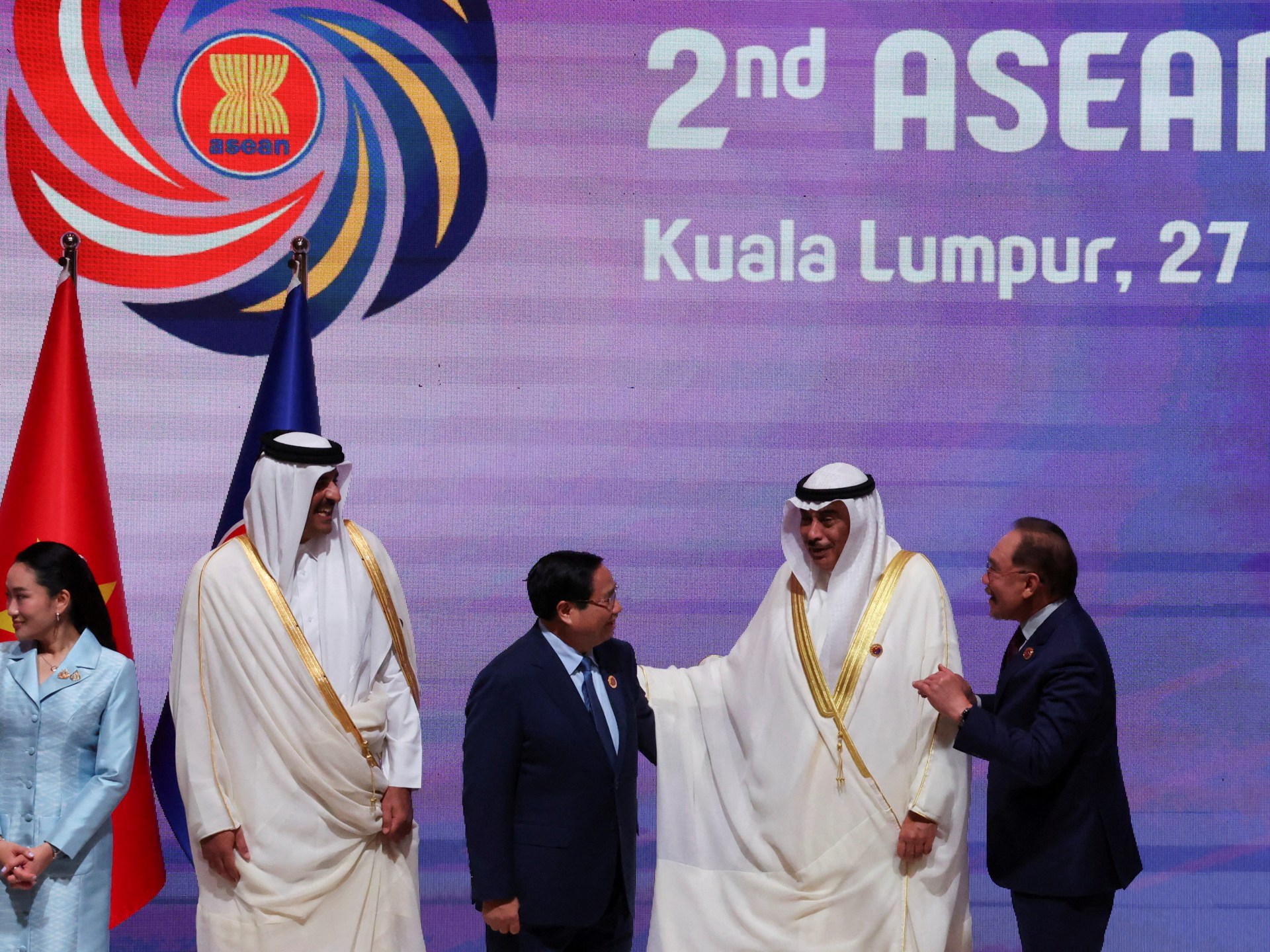Trump issues new tariffs for six countries, including Iraq and the Philippines | Trade War News
The White House has sent letters to 20 different countries this week announcing new tariffs.
US President Donald Trump has issued a new round of tariff letters to six countries, including Algeria, Brunei, Iraq, Libya, Moldova and the Philippines.
The letters, which were sent on Wednesday, call for tariffs of 30 percent on Algeria and Iraq; 25 percent on Brunei, Libya and Moldova; 20 percent on the Philippines – the largest of the trading partners announced on Wednesday. The tariffs are expected to start on August 1.
Trump posted the letters on Truth Social after the expiration of a 90-day negotiating period that began with a baseline levy of 10 percent. Trump is giving countries more time to negotiate before his August 1 deadline, but he has insisted there will be no extensions for the countries that receive letters.
The Census Bureau reported that last year, the US ran a trade imbalance on goods of $1.4bn with Algeria, $5.9bn with Iraq, $900m with Libya, $4.9bn with the Philippines, $111m with Brunei and $85m with Moldova.
The imbalance represents the difference between what the US exported to those countries and what it imported. None of the countries listed are major industrial rivals to the United States.
Taken together, the trade imbalances with those six countries are essentially a rounding error in a US economy with a gross domestic product (GDP) of $30 trillion.
Wednesday’s letters are the latest in a slate the Trump Administration sent to nations around the globe. On Monday, he threatened Japan and South Korea with 25 percent tariffs, stepping up pressure on the two historical US allies and a dozen other economies to reach trade deals with Washington.
Over the weekend, the Trump administration began sending letters to countries informing them that the US would begin to reimpose the tariffs it postponed in April. Trump’s erratic approach to tariffs is triggering widespread economic effects on the US and countries around the world.
In the US, the most recent jobs report showed little to no growth in sectors including trade and construction, industries largely impacted by tariffs. The US GDP contracted 0.5 percent in the first quarter of the year, according to data released by the US Department of Commerce’s report last month.
This comes amid a handful of looming trade negotiations across the globe that will impact the US economy and many of its key trade partners.
The Trump administration has only put forth two trade agreements thus far, which are with the United Kingdom and Vietnam.
US markets have stayed stable despite the new tariffs. As of 12:30pm Eastern Time (16:30 GMT), the Nasdaq is up 0.5 percent. The S&P 500 is about even with the market open, only up about 0.2 percent, and the Dow Jones Industrial Average is up by 0.1 percent.


